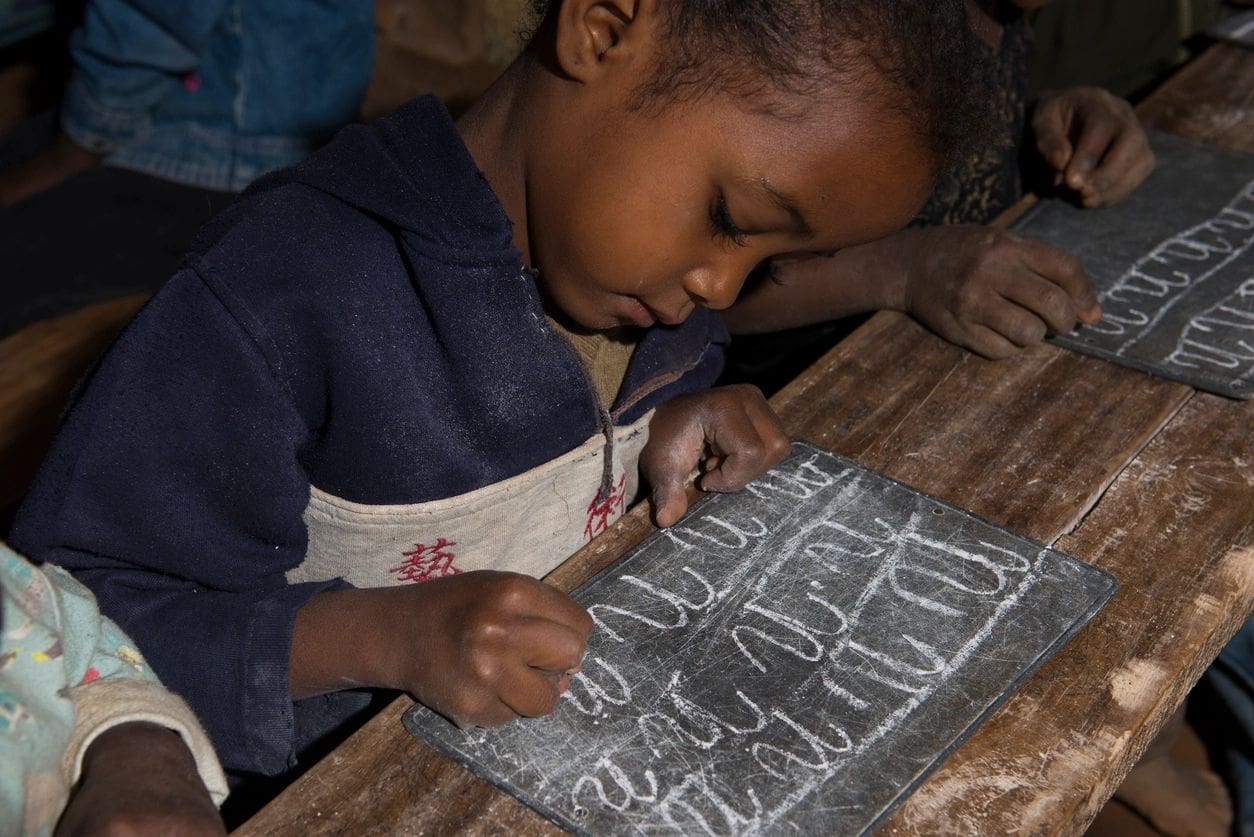
Stigmatization of Orphaned Children and Pathways to a Better Future
Introduction
Orphaned children often face a multitude of challenges, not the least of which is the stigma attached to their status. This stigmatization can severely impact their psychological well-being, social integration, and overall quality of life. This blog article, authored by Lulu Kwakye, explores the various forms of stigmatization that orphaned children encounter and discusses actionable steps to improve their lives. Through understanding and addressing these issues, society can create a more supportive environment for these vulnerable children.
Forms of Stigmatization
1. Social Exclusion
Orphaned children are frequently marginalized and excluded from social activities. This exclusion can stem from societal perceptions that they are different or less capable due to their lack of parental support. A study by Foster (2002) highlights how orphaned children in sub-Saharan Africa often face exclusion from community events and peer groups, leading to feelings of isolation and loneliness.
2. Educational Discrimination
In many parts of the world, orphaned children encounter significant barriers to education. They may be perceived as less deserving of educational opportunities or as potential troublemakers. According to a report by UNICEF (2019), children without parents are less likely to attend school and more likely to drop out early. This educational discrimination limits their future opportunities and perpetuates the cycle of poverty.
3. Psychological Impact
The stigma associated with being an orphan can have profound psychological effects. Orphaned children often internalize negative societal attitudes, leading to low self-esteem, anxiety, and depression. Research by Cluver and Gardner (2007) indicates that orphaned children are at a higher risk of developing mental health issues due to the compounded effects of trauma and stigmatization.
Real-World Examples
1. The Plight of AIDS Orphans
Children orphaned by AIDS in countries like South Africa face intense stigmatization due to the association with the disease. Communities often ostracize these children, fearing contagion or moral judgment. Organizations like AIDS Orphan Trust USA work to combat this stigma by providing education and community outreach to shift perceptions and integrate these children into society (AIDS Orphan Trust USA, 2020).
2. Syrian Refugee Orphans
Syrian refugee orphans face dual stigmatization: as orphans and as refugees. These children often live in precarious conditions with limited access to education and social services. Efforts by organizations like Save the Children focus on providing psychosocial support and advocating for policy changes to protect the rights of these children (Save the Children, 2020).
Steps to Improve the Lives of Orphaned Children
1. Community Education and Awareness
Raising awareness about the challenges faced by orphaned children is crucial to combating stigma. Community education programs can dispel myths and foster empathy, encouraging inclusive behaviors. Programs that involve community leaders and local influencers can be particularly effective in changing societal attitudes (Harper, 2005).
2. Inclusive Educational Policies*
Governments and educational institutions need to implement policies that ensure equal access to education for orphaned children. This includes providing scholarships, school supplies, and psychosocial support within schools. Inclusive education policies can help integrate orphaned children into the mainstream educational system, giving them a fair chance to succeed (UNESCO, 2015).
3. Psychological and Social Support
Providing psychological support through counseling and peer support groups can help orphaned children cope with the effects of stigmatization. Social workers and psychologists should be trained to address the specific needs of these children. Establishing mentorship programs where orphaned children are paired with positive role models can also boost their self-esteem and social skills (Cluver & Orkin, 2009).
4. Legal Protections and Advocacy
Strengthening legal frameworks to protect the rights of orphaned children is essential. This includes enforcing anti-discrimination laws and ensuring that orphaned children have access to essential services. Advocacy at both local and international levels can bring about policy changes that safeguard the well-being of these children (UNICEF, 2019).
Conclusion
Orphaned children face significant stigmatization that affects their social, educational, and psychological well-being. Addressing these challenges requires a multifaceted approach involving community education, inclusive policies, psychological support, and legal protections. By fostering an environment of understanding and support, society can help orphaned children overcome the barriers they face and lead fulfilling lives.
References
AIDS Orphan Trust USA. (2020). Programs and Initiatives. Retrieved from https://www.aidsorphan.net
Cluver, L., & Gardner, F. (2007). Risk and Protective Factors for Psychological Well-Being of Children Orphaned by AIDS in Cape Town: A Qualitative Study of Children and Caregivers’ Perspectives. AIDS Care, 19(3), 318-325.
Cluver, L., & Orkin, M. (2009). Cumulative Risk and AIDS-Orphanhood: Interactions of Stigma, Bullying, and Poverty on Child Mental Health in South Africa. Social Science & Medicine, 69(8), 1186-1193. Foster, G. (2002). Understanding Community Responses to the Situation of Children Affected by AIDS: Lessons for External Agencies. UNICEF and International HIV/AIDS Alliance. Retrieved from https://data.unaids.org/Publications/IRC-pub02/jc621-understandingcommunityresponses_en.pdf Harper, G. W. (2005). The Role of Community Leaders in HIV Prevention and Care. Journal of Community Psychology, 33(1), 115-120.
Save the Children. (2020). Annual Report 2020. Retrieved from https://www.savethechildren.org
UNESCO. (2015). Ensuring Equity in Education. Retrieved from https://en.unesco.org/gem-report/report/2015/education-all-2000-2015-achievements-and-challenges
UNICEF. (2019). Annual Report 2019. Retrieved from https://www.unicef.org/reports/annual-report-2019
